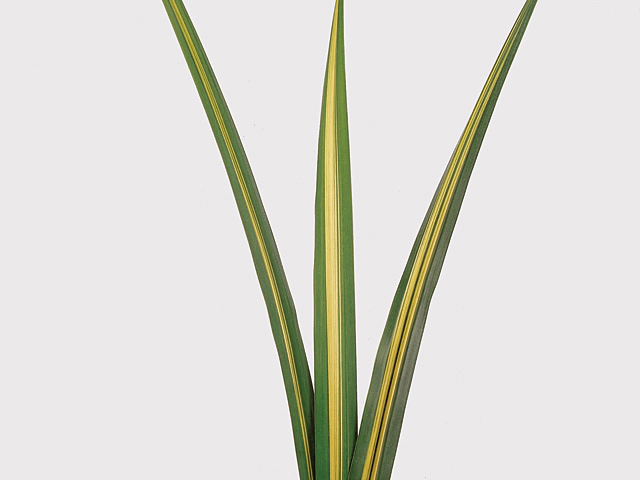Pandanus

Pandanus, also known as the palm, is a remarkable plant that holds immense cultural significance in various parts of the world. Its unique features and versatile uses have made it an integral part of many societies for centuries.
The pandanus tree belongs to the Pandanaceae family and is commonly found in tropical and subtropical regions. Its distinctive palm-like appearance, with long, narrow leaves that spiral inward, sets it apart from other plants. The leaves are often used for weaving, creating beautiful handicrafts, mats, baskets, and hats.
Apart from its aesthetic value, pandanus also has many practical uses. In some cultures, the leaves are used for thatching roofs, as they are durable and provide excellent insulation against heat and rain. The strong leaves are also woven into walls, creating natural and sustainable structures. In addition, pandanus leaves can be used as food wrappers, with many traditional dishes cooked and served in them.
One notable use of pandanus is its essential oil, which is extracted from the ripe fruit or seeds. The oil is used in traditional medicine for various purposes, such as treating skin ailments, relieving pain, and promoting relaxation. It is also used in perfumes and aroma therapy due to its soothing and calming properties.
The fruit of the pandanus tree is another valuable part of this plant. It is typically consumed after being cooked or processed into various culinary delights. In some cultures, the fruit is used as a natural food colorant, adding vibrant hues to dishes and beverages. The fruit is rich in vitamins and minerals, making it a healthy addition to a balanced diet.
In addition to its practical uses, pandanus holds cultural and symbolic significance. In many communities, the pandanus tree is considered sacred and is used in religious ceremonies and rituals. It is often associated with vitality, prosperity, and protection. Its presence is believed to ward off evil spirits and bring good fortune.
The pandanus tree has also become a symbol of resilience and adaptability. Its ability to thrive in various environmental conditions, including sandy soils and coastal environments, showcases its endurance and ability to withstand challenges. This resilience has made the pandanus tree a symbol of strength and determination in many cultures.
In conclusion, pandanus, also known as the palm, is a versatile and remarkable plant. Its unique appearance, practical uses, and cultural significance have made it an integral part of many societies. From its woven handicrafts to its essential oil and edible fruit, pandanus has proven its value in both practical and symbolic terms. It is a plant that continues to inspire and enrich the lives of people around the world.
Market availability index by month:
| Jan. | Feb. | Mar. | Apr. | May | Jun. | Jul. | Aug. | Sep. | Oct. | Nov. | Dec. |
|---|---|---|---|---|---|---|---|---|---|---|---|
| 3 | 3 | 3 | 3 | 4 | 3 | 3 | 3 | 3 | 4 | 4 | 4 |